Venice and Milan have been in the international news this week as both cities’ mayors are reportedly planning to restrict the number of short-term tourist lets in a bid to make renting more affordable for residents.
The move is aimed at resolving housing shortages and keeping rental costs down, with local administrations pointing to unregulated tourist lets – frequently referred to in Italian media reports as affitti selvaggi (literally ‘wild rentals’) – as the main culprit behind ever-rising rents in their cities.
Both Milan and Venice have long experienced a severe cost of living crisis, with the former being recently named the third-most expensive city in Europe for renting and the latter losing increasingly bigger swathes of its resident population to high housing costs every year.
But, as local administrations seem to view limiting tourist rentals as a heal-all remedy for the issue, are the two northern cities really that close to reducing tourist rentals – and are these plans anything new?
READ ALSO: Why are long-term apartment rentals ‘disappearing’ in Italy?
These questions can only be answered by winding the reel back to last July, when, after months of pressure from Brugnaro’s administration, the Italian parliament made Venice the first (and so far only) Italian city with powers to regulate its own rental market independently from national authorities. Florence and Bologna requested the same rights but were turned down.

Effectively, this gave Venice’s town hall the power to place restrictions on the number and type of lets available in all areas of the comune and at any point during the year.
Despite being allowed to bring in such measures though, the city hasn’t yet introduced any limitations on the market.
While a plan to curb short-term tourist lets was reportedly already in the works last summer, the city council seems to have made no significant progress over the past eight months, so much so that Venice’s mayor Luigi Brugnaro couldn’t give any meaningful update on the topic earlier this week.
“I’m of the opinion that, if a homeowner wants to rent a property for a short period of time, he should only be able to do so for a maximum of 120 days [a year],” he told newspaper Il Quotidiano Nazionle on March 23rd.
Anyone who’d like to rent their property for longer should have it “registered under the appropriate local regulation” and “abide by precise rules”, he added.
Clearly, if the above words are anything to go by, Venice’s plan to clamp down on tourist rentals is currently rather lacking in detail.
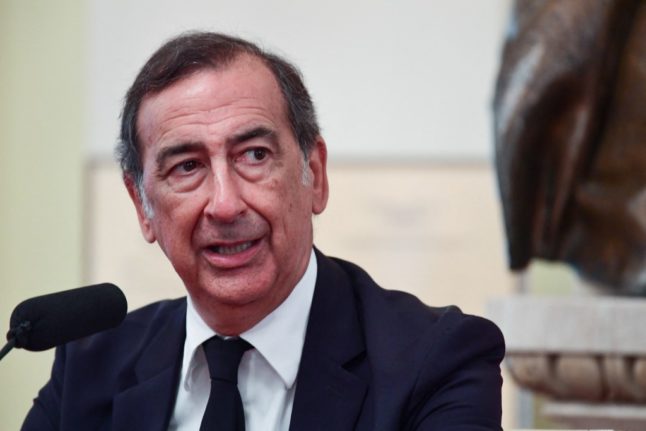
What’s more interesting, however, is that Brugnaro’s words came only four days after the mayor of Milan, Giuseppe Sala, voiced his intention to have Milan follow in Venice’s footsteps – which is puzzling, to say the least, seeing as there are currently very few footsteps to be followed.
Much like Brugnaro, Sala expressed the need to “regulate the industry” so as to make sure that at least some of the properties currently destined for tourist rentals – Milan presently has around 15,000 of those – are rented to “students and workers”.
Notably, the mayor is reportedly considering allowing short-term lets on second homes but restricting them on third and subsequent properties.
Despite Sala’s bid though, Milan seems even further from actually enforcing a similar clampdown on the private rental sector than Venice is.
Unlike Venice, Lombardy’s capital hasn’t yet received powers to operate autonomously from regional and national authorities and, at the time of writing, no official request to do so has been filed.
Also, plans to cut the number of short-term rentals are as germinal in Milan as they are in the lagoon city, with very few concrete ideas proposed so far.
Ultimately then, while Milan and Venice could both end up curtailing tourist rentals at some point in the distant future, the current situation for both cities is ‘tutto fumo e niente arrosto’.

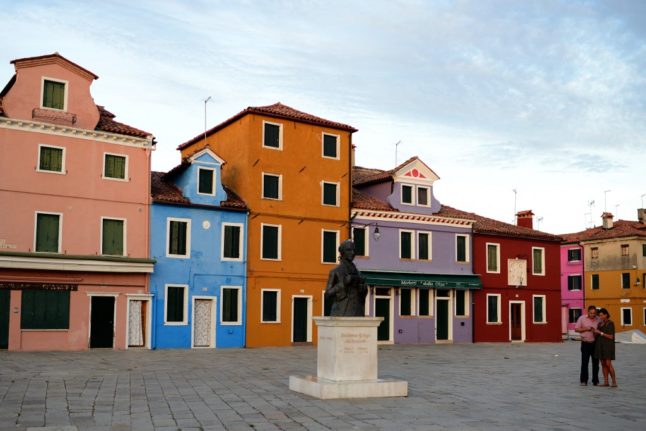
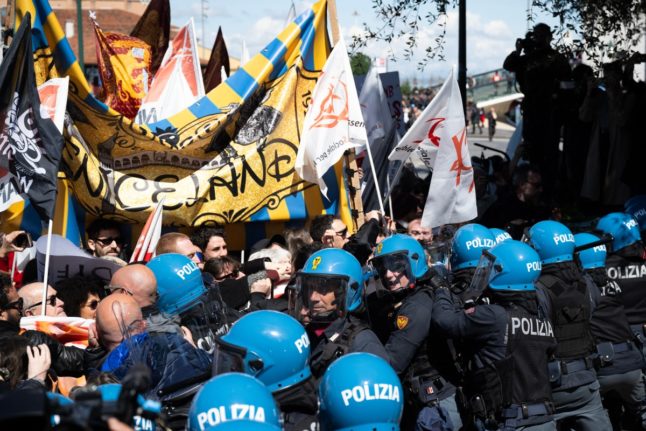
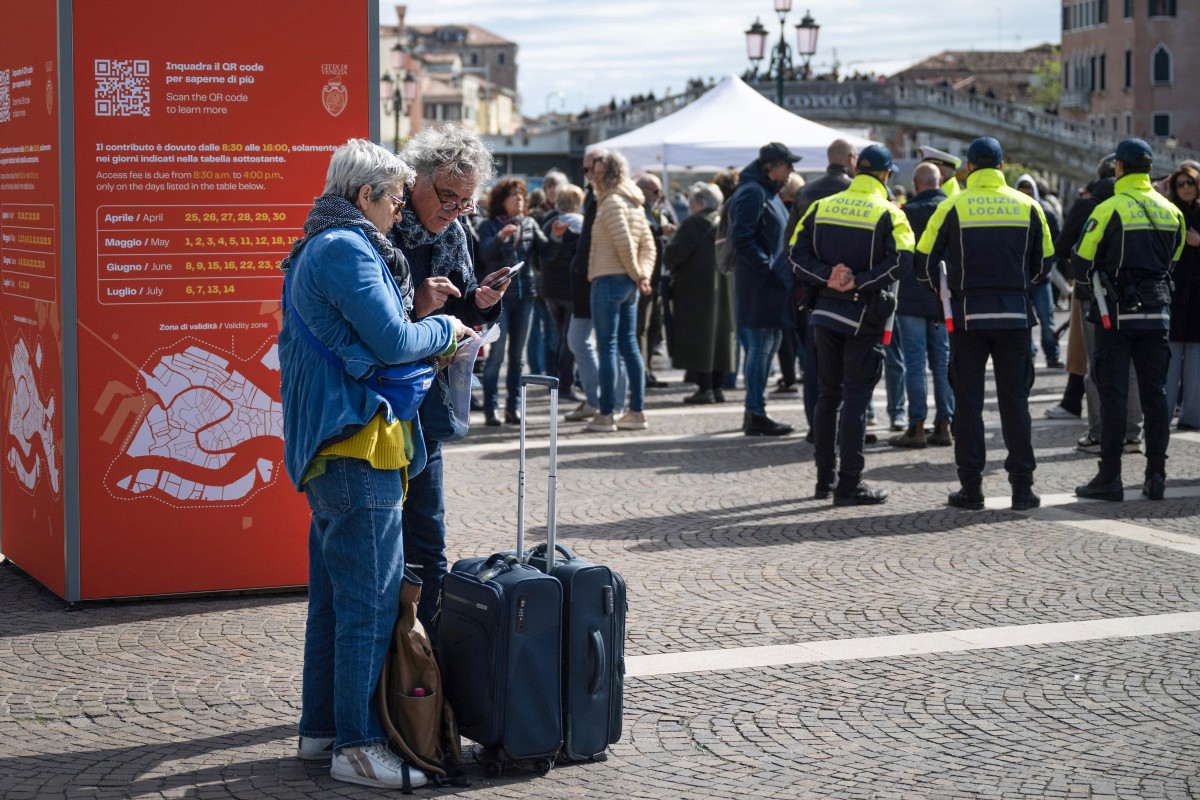
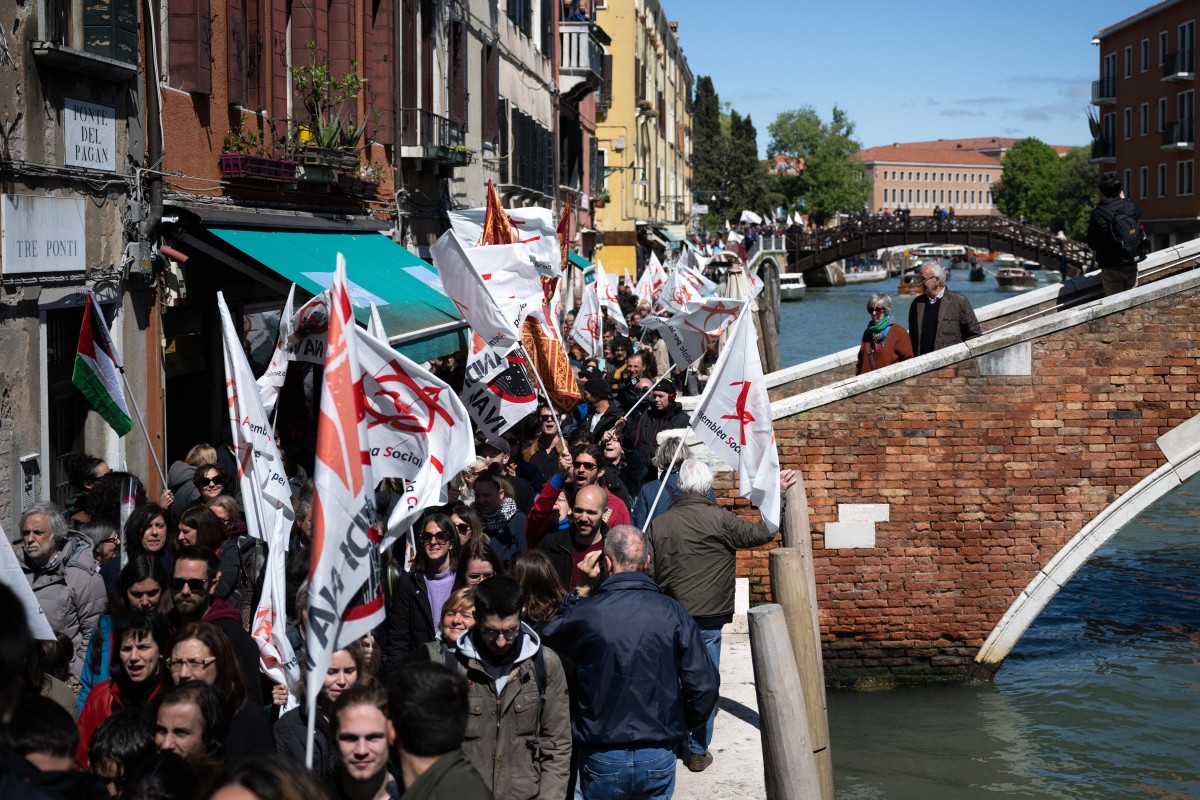
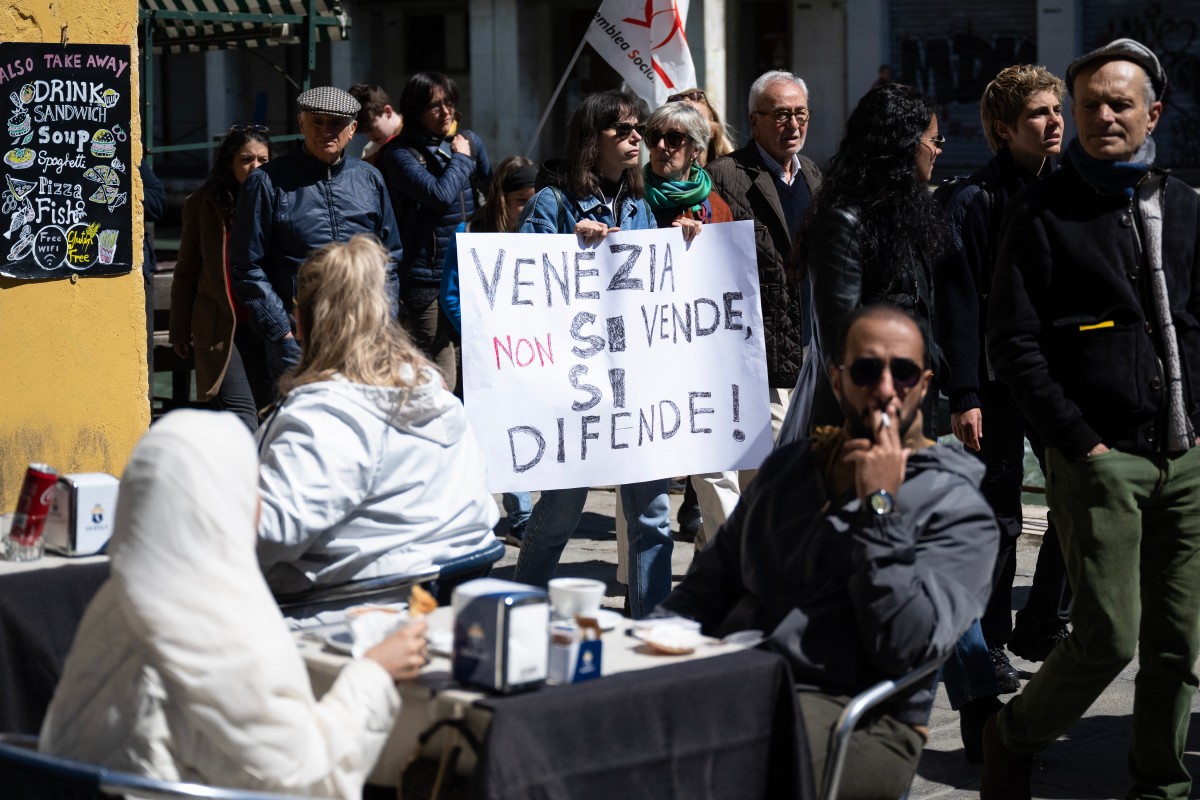
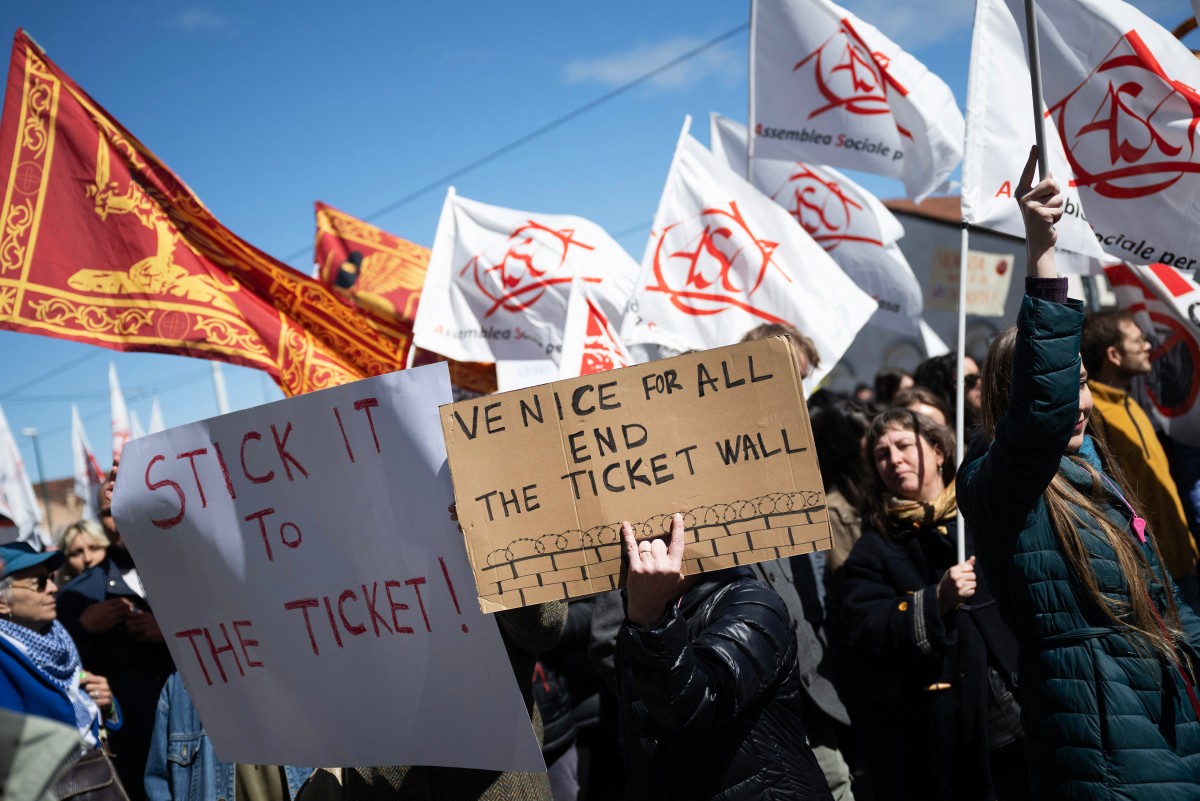
 Please whitelist us to continue reading.
Please whitelist us to continue reading.
Member comments